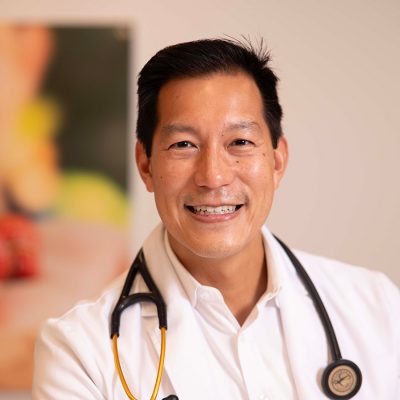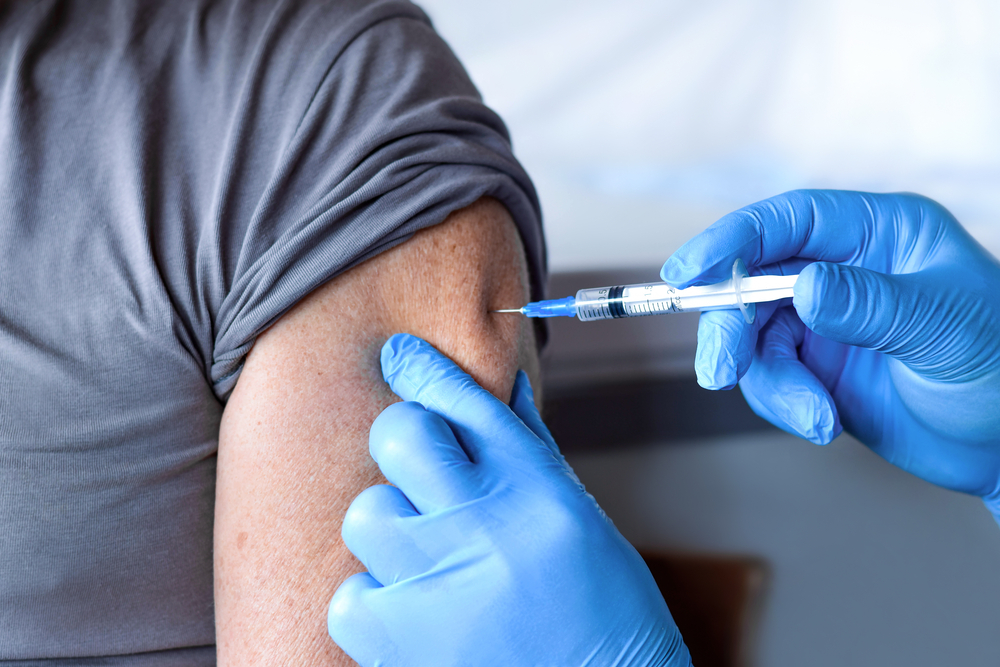Recognizing the shortage of primary care physicians, the first class of Physician Assistants (PAs) – comprised of four Navy Hospital Corpsmen with considerable training during their military careers – graduated from Duke University in 1967.
Several years later, the PA concept gained momentum as a way to improve and expand access to healthcare with federal acceptance and backing, the setting of accreditation standards, a national certification process and standardized exams. There are now more than 168,000 PAs involved in more than 500 million patient interactions every year in the United States.
Solution to a Problem
Open Door Family Medical Center employs 15 PAs in primary care at its different sites in the Lower Hudson Valley. For the first time, a PA serves as medical director at two of these sites.
“There’s a real crisis in health care and PAs provide a really good solution filling the gap, particularly as the baby boomers age,” said Rachel Gomez, who oversees all medical staff, including MDs, at Open Door centers in Mount Kisco and Brewster. While Physician Assistants work in hospitals, medical offices, nursing homes, and retail and workplace clinics, perhaps the greatest need for them is in federally qualified health centers (FQHCs) like Open Door.
“The quality of the care we provide is very high and we do the exact same things our MD colleagues do – examining, diagnosing and treating patients, who range from infants to geriatrics, both for routine visits and in the care of super complex patients. We’ve debunked the myth that by using PAs there is any difference in the quality of care.”
PAs at Open Door, she said, are trained like medical residents, and “don’t practice on an island, but are very much supported. For FQHCs with tight budgets, we are a very good solution.”
Gomez knew while getting her Bachelor of Science degree in biology at SUNY Albany that while she wanted to pursue a medical career, she didn’t want to spend years in medical school or residency. She completed PA school in Philadelphia at the age of 24 and started her first of four PA jobs – which included a four-and-a-half-year stint living and working in small rural towns in the Dominican Republic, becoming fluent in Spanish and caring for people desperately in need of medical care – coming to Open Door 15 years ago.
PA programs consist of three intensive post-graduate academic years or 27 months of both classroom instruction and clinical rotations. Students typically take classes alongside medical students and rotate through different specialties. Unlike physicians, PAs can choose to change their specialties without returning to school for additional training. Gomez, for example, has worked in family medicine and oncology/hematology, as well as world medicine.
While an organization like Open Door is particularly “PA friendly,” said Gomez, the profession has become increasingly well received within the medical community in recent years. “Some older doctors are still a little bit resistant to PAs and NPs (nurse practitioners), but newer doctors over the last 15 to 20 years are much more open because they did rotations right next to us and saw what we know.”
Presently, to remove the connotation that PAs work as “physician assistants,” rather than providers who often work independently, the organization representing the PA profession is in the process of transitioning the official title of its members to “physician associates.” The name change won’t happen overnight.
Gomez sometimes sees this in her own activities. Recently, she attended an annual conference for new medical directors at FQHCs from around the country. Out of about 100 medical directors in attendance, she was one of only two PAs.
“It’s very nice that PAs are starting to move into leadership positions,” she said. “Yet, in most settings like this, I am the only PA. While I may be the first, the field is changing and, hopefully, I’m not going to be the last.”




